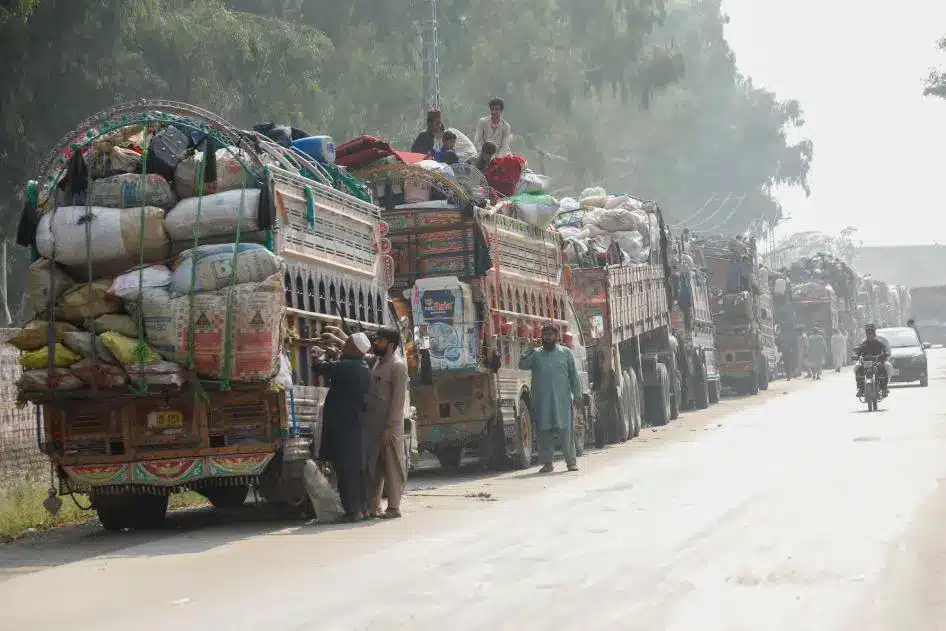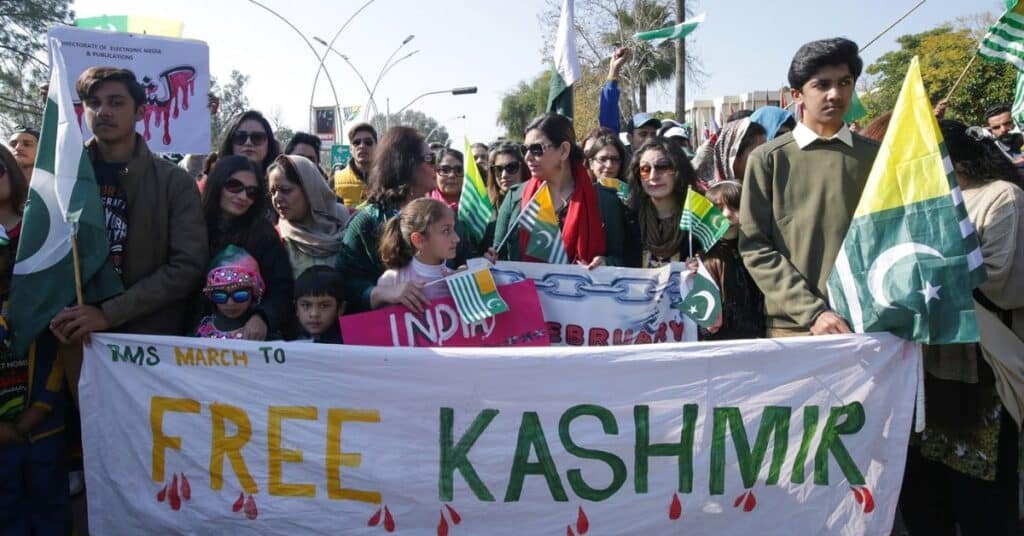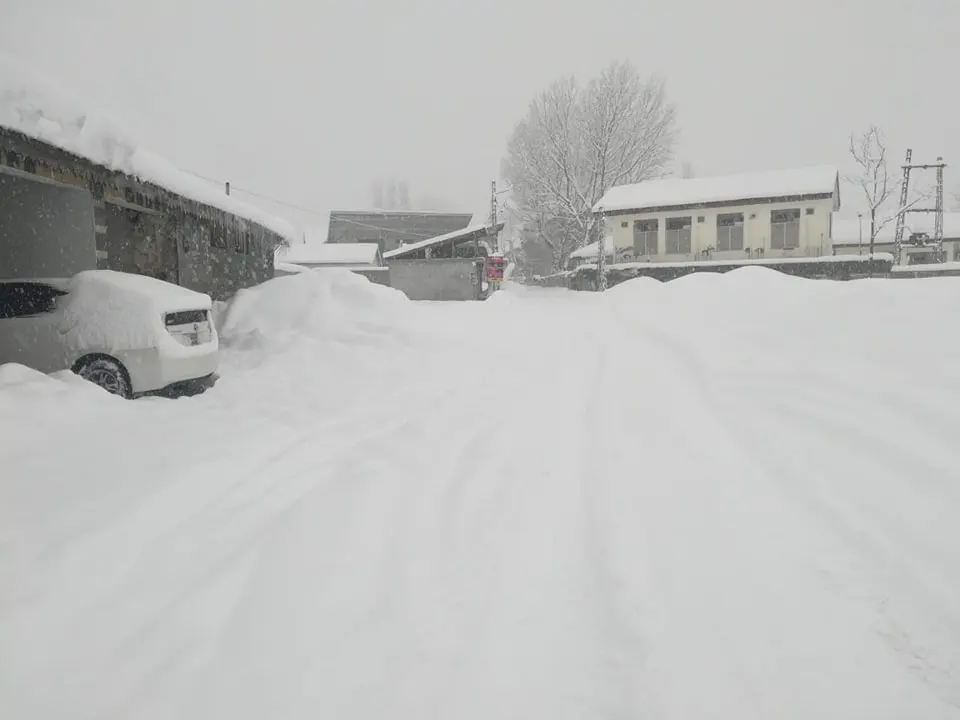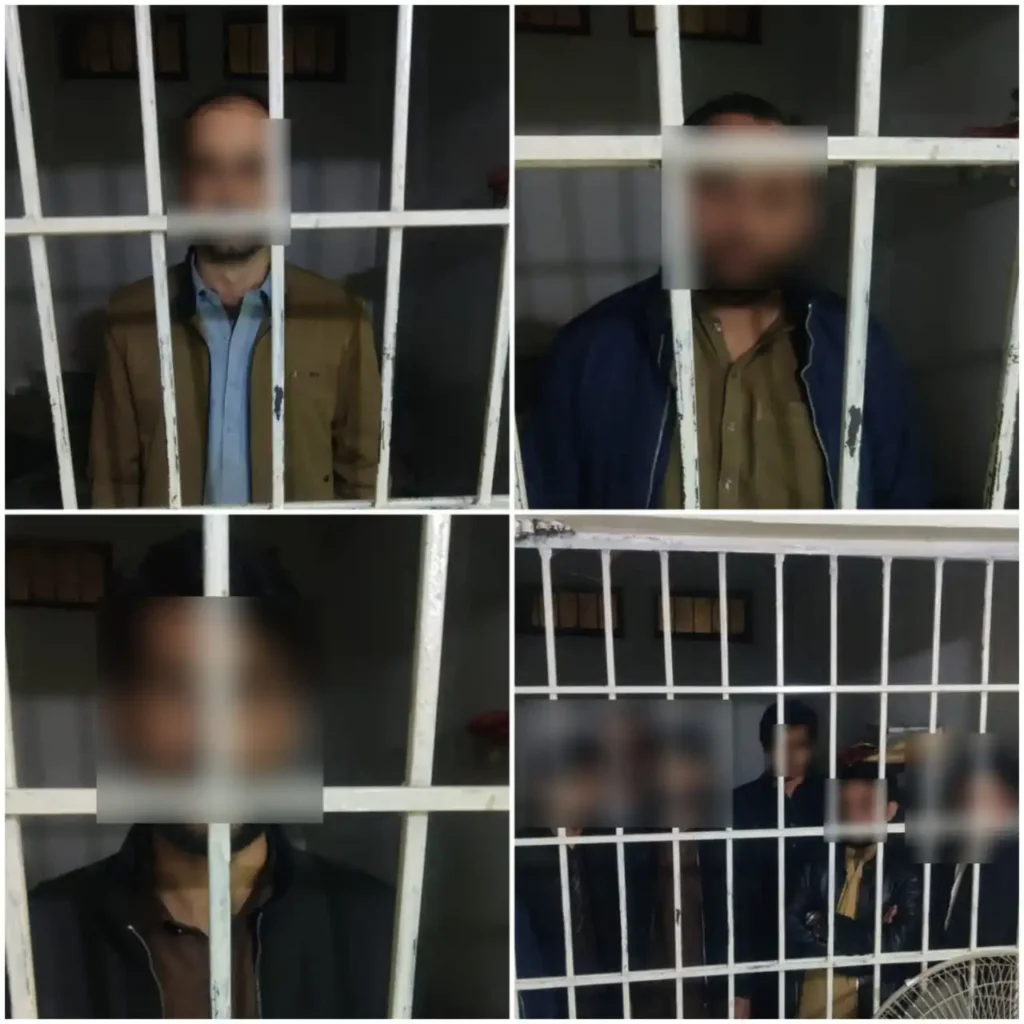ISLAMABAD: Senior official of the United Nations Refugee Agency (UNHCR) in Afghanistan has called on Pakistan to maintain its long-standing humanitarian approach to Afghan refugees and extend the legal stay of those still in need of international protection, especially those groups that are forced to return.
In a Press Release issued from Geneva on Friday, UNHCR Representative for Afghanistan Arafat Jamal said the agency stands ready to assist Pakistan in developing practical mechanisms to identify vulnerable individuals and enhance orderly migration pathways for Afghans.
He also urged regional countries to ensure that all returns are voluntary, safe, dignified and sustainable, stressing that no one should be forced to return to a country already overstretched to absorb new arrivals or to a country at risk.
“Without additional funding, we will not be able to sustain life-saving assistance to Afghan families facing these overlapping crises. We have updated our regional appeal for repatriation in light of recent events and are requesting $258.6 million,” said Mr. Jamal.
As Pakistan has resumed implementation of its “Illegal Aliens Repatriation Plan,” more than 554,000 Afghans have returned since April, including 143,000 in August alone.
In recent weeks, the pace has increased further: in the first week of September alone, nearly 100,000 people returned from Pakistan, stretching capacities to the limit.
Together with partners, UNHCR is providing immediate assistance to returnees — cash assistance, protection and other essential services — both at border points and in their areas of return, to help families begin to rebuild their lives.
However, in recent days, UNHCR has been forced to temporarily suspend operations at its cash and assistance centres across Afghanistan, as de facto authorities are preventing UN national female staff members from entering UN premises.
“This is a problem that affects the entire United Nations, including UNHCR, and any head of agency will tell the same story. It is not possible to serve women without female staff. We reiterate our call for the immediate lifting of these restrictions and for urgent solutions to be found,” the statement said.
Mr. Jamal said the agency closed eight centres providing cash and other assistance to returnees on 9 September due to the ban on female aid workers.
“This was an operational decision,” he said at a Geneva press briefing via video link from Kabul, according to Reuters. “This is not a decision to punish anyone or make a statement, but it just shows that we cannot work without female workers in certain situations.”
“This is a huge step, and it is creating a lot of suffering for these people,” he said, adding that the centers usually assist about 7,000 people a day.
He added that the centers’ work includes personal interviews and biometrics, which he said men cannot do on Afghan women.
Meanwhile, the United Nations in Afghanistan has called on Taliban authorities to lift restrictions on female national staff entering its premises.
“These measures are jeopardizing life-saving humanitarian assistance and other essential services for millions of people affected by the recent deadly earthquake,” the UN Assistance Mission in Afghanistan (UNAMA) warned in a statement.
The UN refugee agency warned that a “crisis within a crisis” was emerging, as forced returns from Pakistan coincided with devastating earthquakes in the same areas from which the returnees were coming.
Since the beginning of the year, nearly 2.6 million Afghans have returned from neighboring countries, many against their will. Some have not set foot in Afghanistan for decades, while others are being brought into the country for the first time.
The agency is “grateful to the governments, companies and individuals who have already supported UNHCR’s work in Afghanistan and across the region. But our resources are rapidly being depleted,” Mr. Jamal warned.





